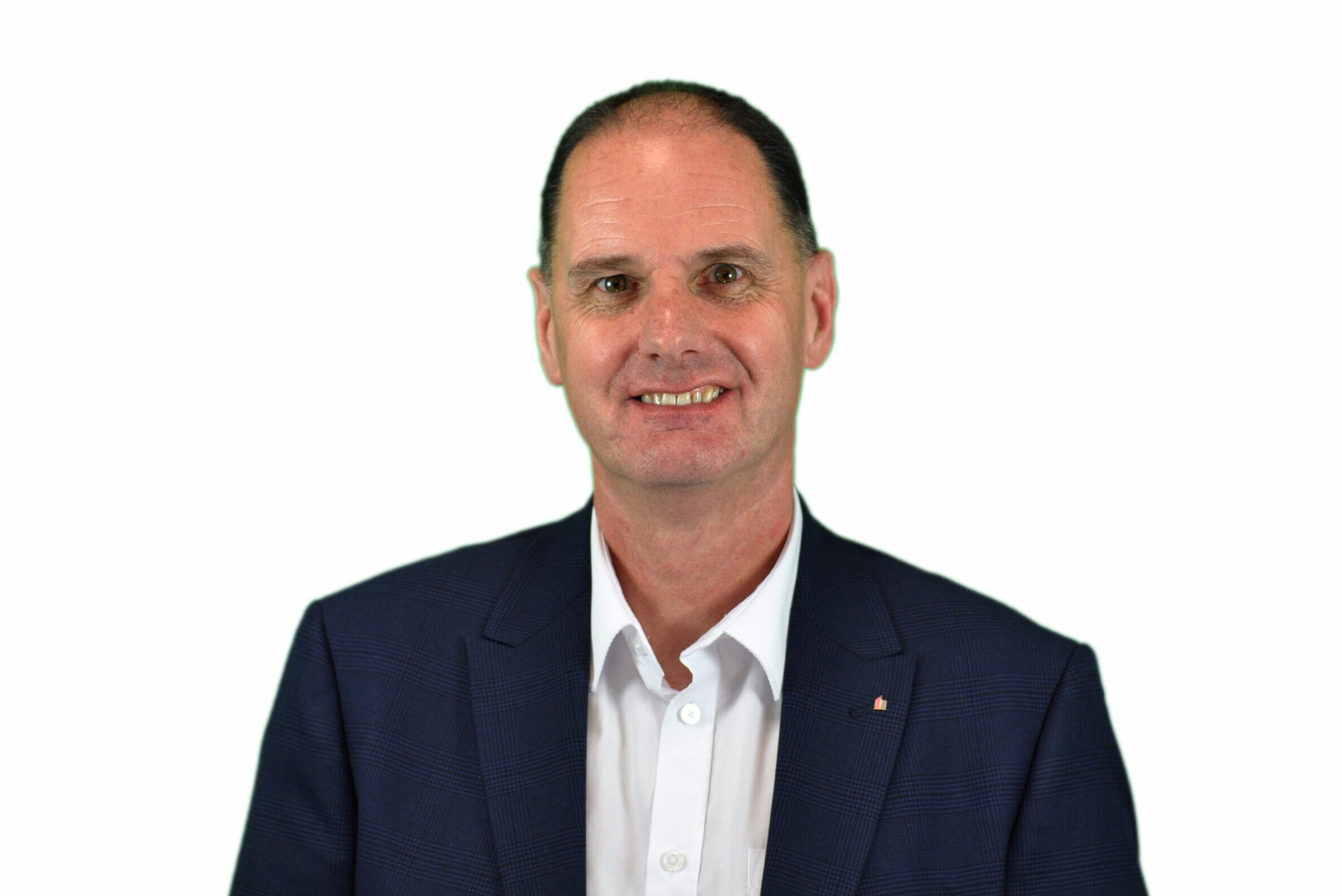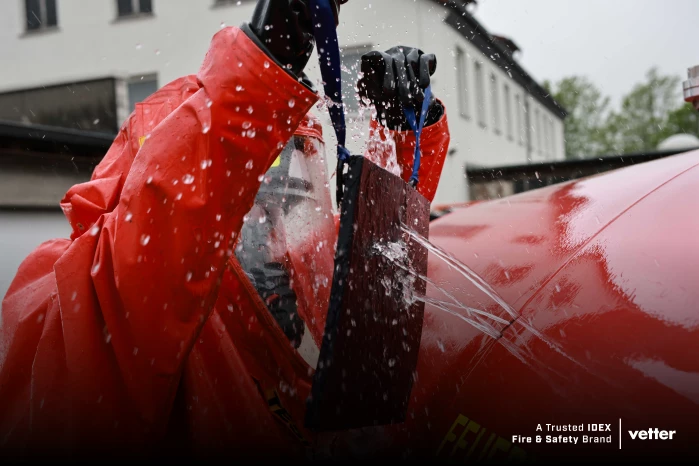Opened in July 2011, the new American Express Community Stadium, home to Brighton and Hove Albion Football Team is being protected by the latest Apollo fire detection system.
The ‘Seagulls’ site consists of four stands with a 27,444 capacity. The West Stand, its largest, also includes 14 luxury boxes and the premium fans’ 1901 Club. As well as football matches, the stadium is designed to host other sports, music concerts, conferences and exhibitions.
The stadium incorporates a banqueting and conference facility, office space, and a club shop and a bar.
The long-awaited £100m venue has been built to the very highest specification, incorporating all the best features from other stadia around the world making a truly spectacular arena. To ensure this unique venue and its visitors and staff were adequately protected, VCP Services was called in to provide a first class fire detection system.
Vince Clamp, managing director at VCP Services, explains: “In 2009 we were asked to provide a range of facilities for the build. As well as the fire detection system we were contracted to install access control, intruder alarms, disabled refuge, PAVA and CCTV. It’s always good to be involved in the early stage of a build and as this was a completely new venue, we were able to ensure that any fire detection system fitted with the look and feel of the site and also provided appropriate levels of coverage.
"We used Discovery Multisensor throughout the stadium, including the stands, ancillary spaces such as the kitchen and plant room and the conferencing areas. This product comprises of a smoke and temperature sensor. The outputs can be reported individually which means a rise in temperature and/or change in level of smoke can be checked separately, improving false alarm management. The sensitivity selection offered by the range was also vital as it allowed us to change the response mode on individual detectors depending on where they were sited. For example, the detectors had a lower sensitivity to fire in areas where smoke and steam would be expected – such as the kitchen.
"Apollo’s open protocol approach was also essential. Apollo publishes and shares information including technical data, enabling panel manufacturers and other companies to design compatible controlling equipment. As an installer, it means we are not tied to using one manufacturer but can fit the best product for the site. In this instance, a unique architectural feature of the build made an open protocol approach essential. In most of the conference rooms they have what is described as’ wave’ ceilings – amazing sculptural shapes designed to replicate the nearby sea. The nature of these ceilings means there are large voids above the plaster which had to be protected by an aspirated system. Conventional detectors covered the space below but the system had to work together so we used an Apollo XP95 input/output interface. The interface which is engineered simply removes the need for custom designed equipment and allows the aspirated system and conventional detectors to run on the same loop. It is also fitted with a bi-directional short circuit isolator meaning it would be unaffected by a single short circuit on either loop input or output."
The installation of all of the equipment took twelve months and, having recently completed phase two of the East Stand, VCP has installed more than 700 detectors across 189 zones using five Advanced Mx4400 panels. The team will also be completing the installation of fire detection equipment at the brand new training ground for the ‘Seagulls’ which, although at a different location, will be linked to the stadium’s building management system.
Vince concludes: "With a background in installing a range of facilities in stadia across the UK, it has been a pleasure to be part of this ground-breaking new build. Whilst the fans may have had to wait over a decade for a new home for their team they can rest assured that Apollo fire detectors will continue to protect it for many years to come."








